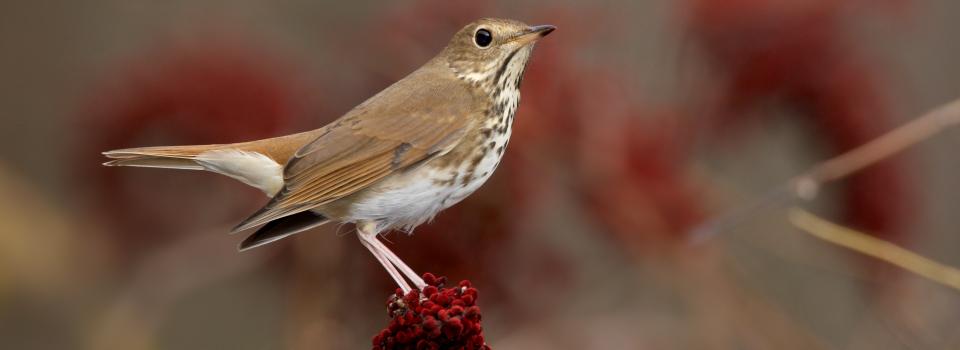
Hermit Thrush
Photo by: Robert Royse
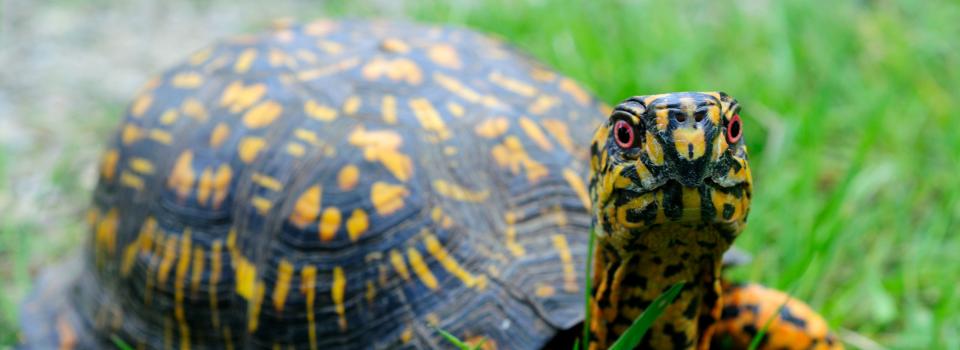
Box Turtle
Photo by: Jonathan Mays
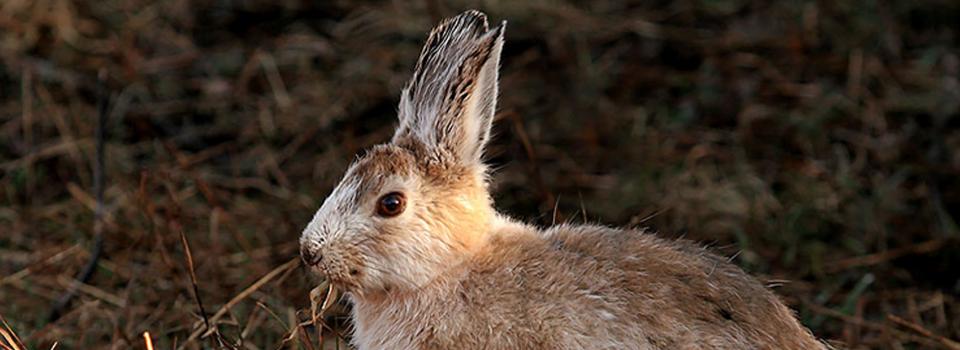
Snowshoe Hare
Photo by: Mike Hodgson
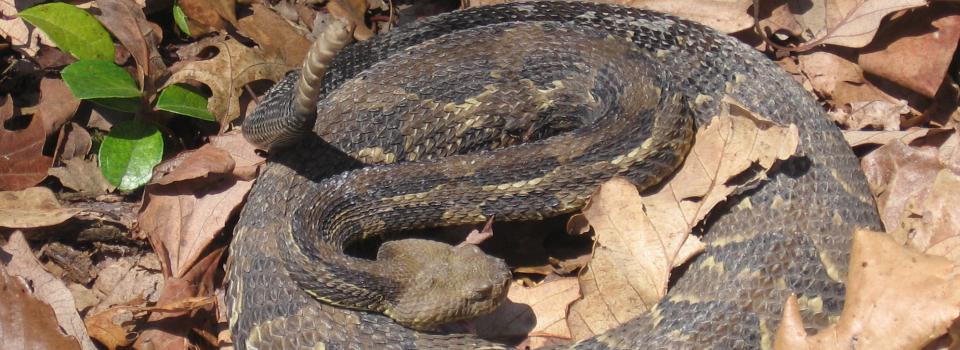
Timber Rattlesnake
Photo by: Kelly Wiley
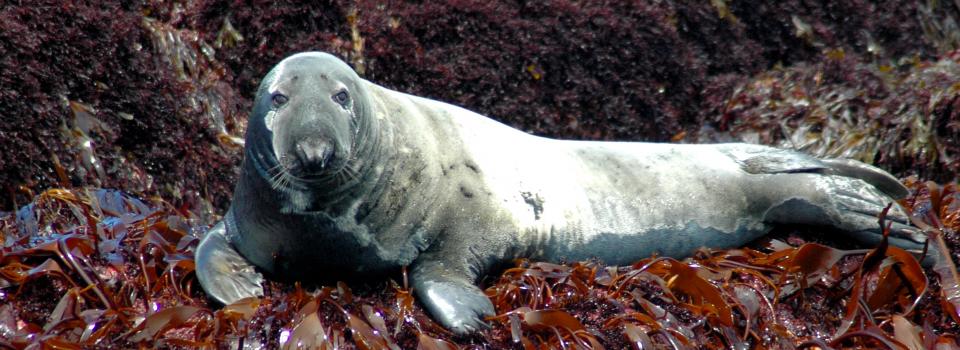
Gray Seal
Photo by: Jonathan Mays








The following Projects were supported by State Wildlife Grant Funding awarded through the Northeast Regional Conservation Needs (RCN) Program. Active Projects from the most recently funded year are shown below, but all Projects can be found using the Advanced Search.
RCN PHASE 2; PROJECT 4 FOUNDATIONAL TOOLS AND SWAP COORDINATION; JOB 3 NORTHEAST CONSERVATION STATUS ASSESSMENT
OBJECTIVE:
Project 4 will conduct three investigations by 2023 that are necessary for the revision of the 2025 State Wildlife Action Plans. These investigations will examine landscape status, conservation projects...
RCN PHASE 2; PROJECT 3 TECHNICAL SERVICES; JOB 1 TECHNICAL SUPPORT AND DATABASE MANAGEMENT
OBJECTIVE:
The objective of this project is to continue implementation of regional conservation of the NEAFWA’s Regional Species of Greatest Conservation Need and the NE SWAP key priorities, influencing regional and national conservation by supporting the development and maintenance of technical tools and products that clearly define conservation...
RCN PHASE 2; PROJECT 2 POLLINATORS; JOB 4 COORDINATE PROJECT TEAM
Sharing and improving best management practices – Talented and experienced managers from throughout the region have already made great strides fine-tuning management techniques and developing best practices. There is a need, however, for more communication, coordination, and knowledge sharing—a major objective of this proposal. Specifically, we propose to establish a regional steering...
RCN PHASE 2; PROJECT 2 POLLINATORS; JOB 3 ADAPTIVE HABITAT MANAGEMENT & BMPS
Establishment of a regional network of experimental adaptive management sites where coordinated management and monitoring will lead to management improvements over time (e.g. ensuring adequate representation of forbs, bare soil and other key pollinator habitat features; improving habitat for other RSGCN; lowering management costs and treatment frequency to the greatest extent practical...
RCN PHASE 2; PROJECT 2 POLLINATORS; JOB 2 VEGETATION MONITORING PROTOCOLS
Many pollinators depend upon open habitats and canopy gaps for foraging, and recent studies suggest that, in the Northeast, xeric, fire-influenced grasslands and barrens support a unique native pollinator assemblage.[1] These habitats are found in states throughout the Northeast Region, require active management,...
RCN PHASE 2; PROJECT 2 POLLINATORS; JOB 1 POLLINATOR MONITORING PROTOCOLS
Recent declines in commercial honey bee colonies, and potential impacts on crop production, have heightened attention on the plight of native pollinators. Although many groups of native pollinators remain understudied and poorly understood, there is increasing evidence of alarming declines in some species. For example, the once widespread rusty-patched bumblebee was recently listed as...
RCN PHASE 2; PROJECT 1 TURTLES; JOB 4 WOOD & BLANDING'S TURTLE CONSERVATION
This initiative will improve our overall effectiveness in conserving, restoring, and managing landscapes critical for the conservation of Blanding’s and Wood Turtles, and other species as appropriate in conjunction with Wood and Blanding’s Turtles, building upon years of dedicated coordination among Northeastern States to identify the most important landscapes and necessary conservation...
RCN PHASE 2; PROJECT 1 TURTLES; JOB 3 ROAD MITIGATION
The Northeastern USA supports five species of Emydine turtle, including Blanding's, Spotted, Eastern Box, Wood and Bog Turtle, all five are Regional Species of Greatest Conservation Need. Regional working groups led by state wildlife agencies have developed and continue to refine Conservation Plans based on Conservation Area Networds and prioritized, site-specific actions. Regional Conservation Need projects use...
RCN PHASE 2; PROJECT 1 TURTLES; JOB 2 EASTERN BOX TURTLE CONSERVATION
This job will develop a Status Assessment and Conservation Plan for Northeastern populations of the Eastern Box Turtle (Terrapene carolina), an at-risk species that has declined across much of its range from New England to Virginia. At this time, there is no formal, inter-state coordination for Eastern Box Turtles in the Northeastern USA. Notably, there are many citizen science efforts in place for...
If you need more control to search for exactly what you want, try the advanced search.
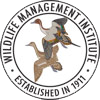
© 2020 A Wildlife Management Institute Project